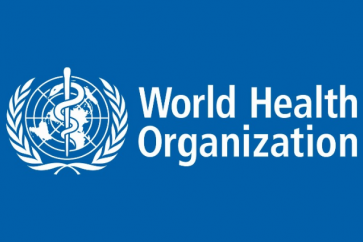“For the third week in a row, the number of new cases of COVID-19 reported globally fell last week,” he said, adding that “this is encouraging news. It shows this virus can be controlled, even with the new variants in circulation.” This means that by continuing to implement antiviral measures, it will be possible to curb the spread of the infection, the WHO head stated.
He further noted that “it’s vital that all of us continue to take the precautions to keep ourselves and each other safe.” He added that “controlling the spread of the virus saves lives now, and saves lives later by reducing the chances of more variants emerging.”
“For the third week in a row, the number of new cases of COVID-19 reported globally fell last week,” he said, adding that “this is encouraging news. It shows this virus can be controlled, even with the new variants in circulation.” This means that by continuing to implement antiviral measures, it will be possible to curb the spread of the infection, the WHO head stated.
He further noted that “it’s vital that all of us continue to take the precautions to keep ourselves and each other safe.” He added that “controlling the spread of the virus saves lives now, and saves lives later by reducing the chances of more variants emerging.”
According to the director-general, “strengthening health information systems is an important part of WHO’s work” for rapid reaction to emergency situations. In connection to this, he drew attention to the WHO’s first report on this subject published on Monday. The SCORE study (Survey, Count, Optimize, Review and Enable) contains data received from 133 countries. According to the report, 4 out of 10 deaths worldwide “remain unregistered. This highlights the urgent need for investments to strengthen health information systems in all countries, to support the COVID-19 response and recovery.”
Source: Websites




